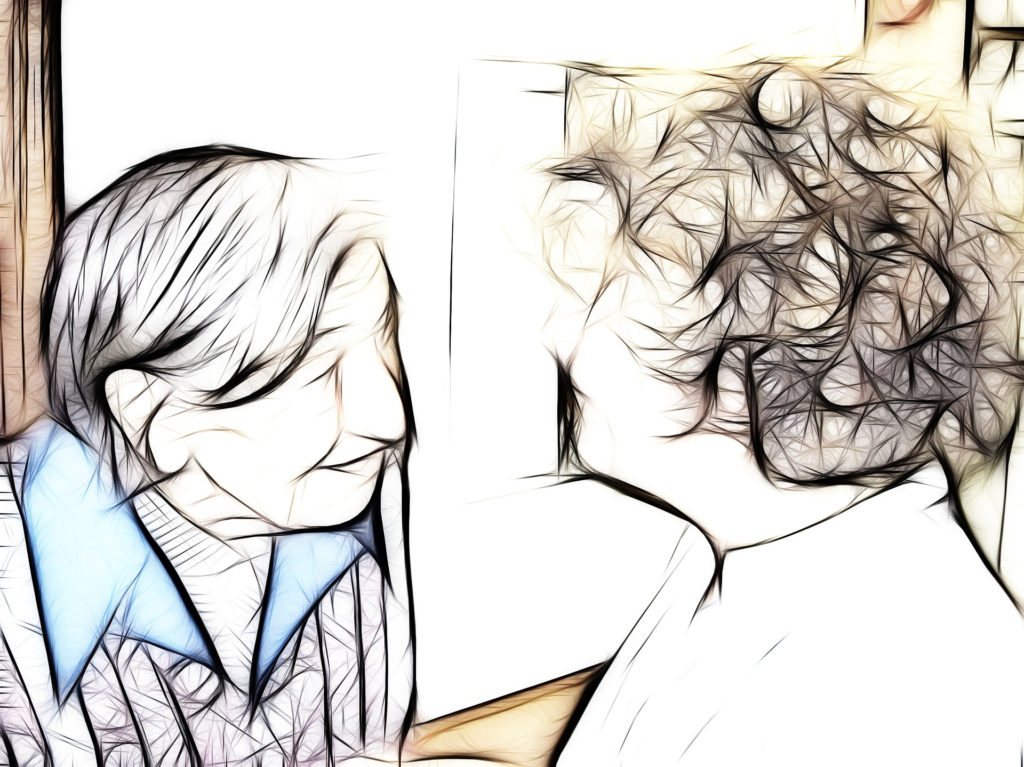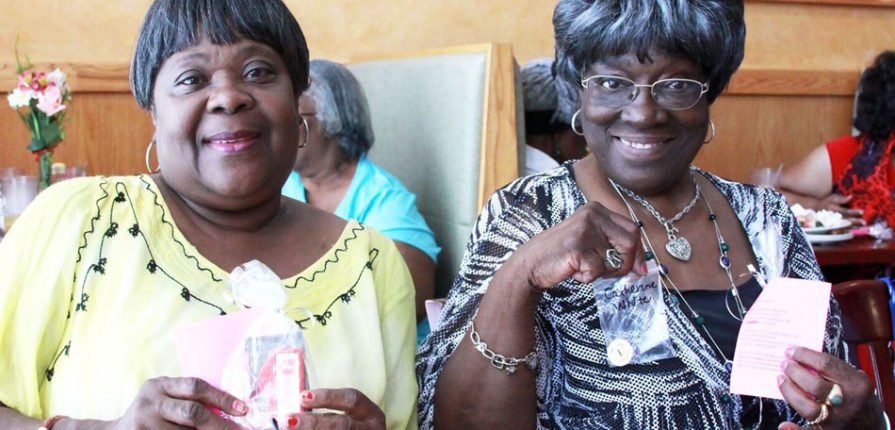A real issue facing seniors is increased social isolation. In today’s world, families are frequently scattered. Often a senior is alone in a community because they have no close family nearby and they find it difficult to make new friends.
Until retirement, most of us are engaged socially—whether we want to be or not. Interacting with others is unavoidable as we work, shop and live our regular lives. Our daily tasks compel us to be around people and often we long for uninterrupted space.
The good news is you will get that wish fulfilled as you age out of the career and child-raising phase of your adulthood and progress into elderly-hood. As we age, our ability, and often our desire, to be as social as we used to be seems to diminish. It is a simple fact of life that it is more difficult to meet and make new friends as we get older.
This is not a good thing.
In a scientific study published in the Journal of Health and Social Behavior, it was found that older adults who maintained high or medium levels of social engagement also maintained their cognitive and physical abilities better than those with fewer personal interactions. Because of that, socially isolated seniors end up having to visit the doctor’s office much more often than their socially active peers.
Why are socially active seniors healthier?
Simply stated, staying socially active is perhaps just as important as staying physically active. Various studies have concluded that in order for seniors to enjoy good health, they should maintain at least a moderate level of social activity.
What are the benefits of being socially active?
- Reduced risk for mental health issues
Interacting with your peers on a constant basis helps to prevent a whole host of mental health issues. These can range from depression to poor cognitive function. When you stay socially active, your brain is constantly engaged, leading to the maintenance of a sharper mind and reducing the potential for faltering cognitive function. For example, your risk for Alzheimer’s disease will be lower as compared to a senior who is socially isolated.
The interaction also gives you a sense of belonging and helps you to stay connected to the world around you. This is a fantastic way to reduce stress levels and prevent depression. Conversely, if you are socially isolated, you will be at much higher risk of feeling lonely and hence developing depression.
- Be more physically active
One excellent by-product of staying socially active is that it almost always correlates to being more physically active as compared to seniors who are socially isolated. This is because you will tend to get out of the house more instead of just staying home alone every day. Your immune system and nutrition levels will also be improved since socially engaged seniors tend to eat more when they are around others.
In fact, when you stay socially active, you will have lower blood pressure and potentially reduced risk for cardiovascular problems, some cancers, osteoporosis, and rheumatoid arthritis. This reduced risk is a happy by-product of being physically active since socially engaged seniors tend to get higher levels of physical activity. It also helps that socially engaged older adults tend to be more motivated to maintain their health as compared to their less-engaged peers. Hence, you can see that maintaining a decent level of social activity is vital for seniors’ health and mental well-being.
- Stable support system
Staying socially active also ensures that you have a stable support system. When you have peers who can understand what you are going through, it makes tough times much easier to get through. For example, you can help each other out by motivating each other to stay physically active.
Also, seniors who are socially active may have access to better health information than their less-engaged peers because they can share any health information they have with each other.
What are some ways for me to stay socially active?
- Perhaps you want to stay socially active but are unsure about how where to start. There are proven ways for seniors to be socially engaged! For starters, you can stay in touch with friends and family. Try to plan regular visits or interactions, even if it is just a conversation over the phone or writing letters and emails.
- If you are looking to make new friends, you can consider visiting a senior center. They usually have a wide variety of activities, so you can be sure that you will be able to find something you are interested in. You will also be able to meet lots of new like-minded friends there and build up a stable support system. Similarly, you can join a hobby group or take a class and pick up some new skills.
- For those who are looking to do something more meaningful, why not volunteer in your community? Seniors are often the backbone of the volunteer communities where their experience is valued and their time appreciated. From pre-school volunteers to working with abandoned pets, you are so needed! Consider your interests and passions and head in that direction.
- Staying socially active and maintaining your relationships are a crucial part of aging healthily. Stay vibrant and active! Aging doesn’t mean that your productive and social life has to slow down as well. In fact, you may well be busier and happier than ever in this great new stage in your life.
In conclusion: old and alone are not synonymous. Enjoy this time of your life by having the time of your life!
Sources:
http://www.cfah.org/hbns/2011/socially-active-older-adults-have-slower-rates-of-health-declines
http://www.lourdesmckeen.org/the-importance-of-staying-socially-active-and-connected/
By Donna Powell, Owner Charleston WebBuilder


